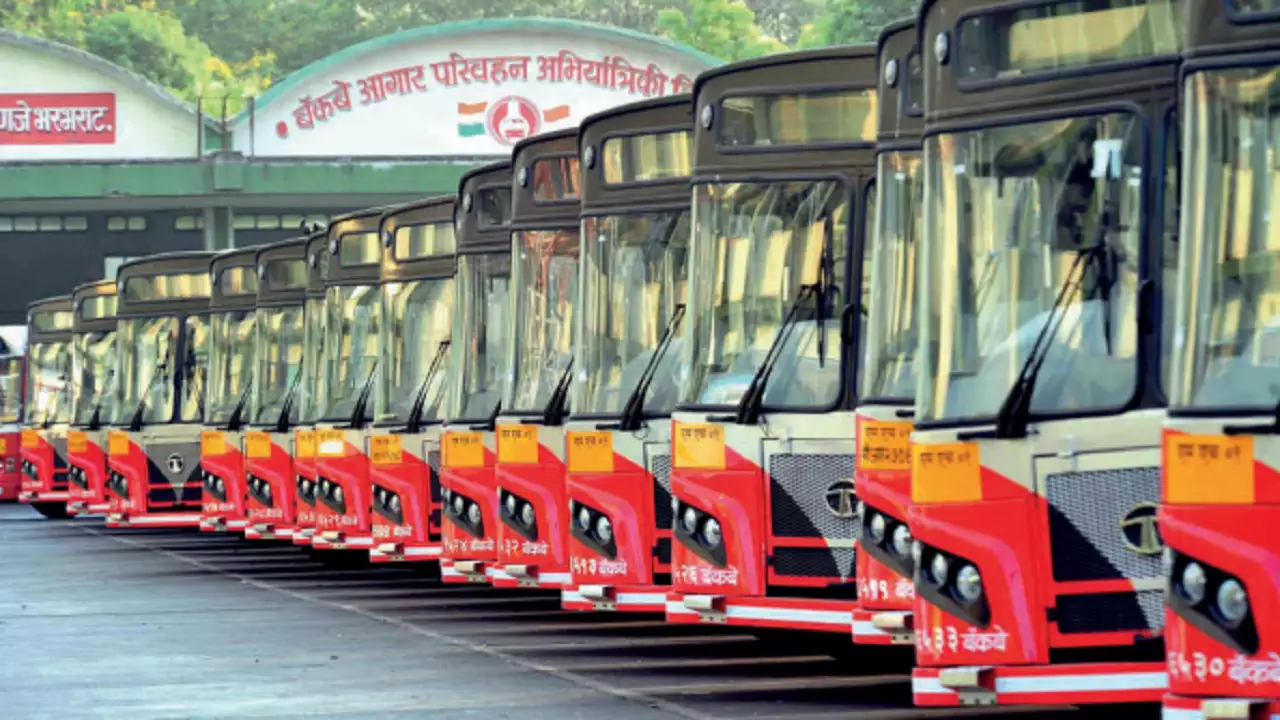The sight of over 100 abandoned, rusting buses at the Anik depot is a stark reminder of the challenges facing Mumbai’s public transportation system. These wet-leased buses, once intended to enhance passenger convenience, have become a symbol of inefficiency, neglect, and a broader sustainability crisis. As the BEST fleet has shrunk to around 3,000 buses, including over 2,000 on wet lease, the inadequacy of operational buses has led to increased waiting times for passengers on many routes.
This situation is exacerbated because of non-availability of these wet-leased buses, which were initially introduced to enhance passenger convenience The BEST’s shrinking fleet, coupled with the growing number of idle buses, has resulted in increased waiting times for commuters. The situation is particularly dire during peak hours, when passengers are forced to endure long delays and overcrowding. The breakdown of these buses, often due to poor maintenance and lack of spare parts, has further exacerbated the problem. Beyond the immediate inconvenience to commuters, the idle buses represent a significant waste of resources.
The vehicles consume space in the depot, which could be used to store operational buses or for other purposes. Additionally, the rusting metal and leaking fluids pose environmental risks. The situation highlights the need for a more sustainable approach to public transportation in Mumbai. The reliance on wet-leased buses, which often lack proper maintenance and support, is not a long-term solution. A more sustainable model would involve investing in a fleet of owned buses that are regularly serviced and maintained.
The government must take urgent steps to address the crisis facing Mumbai’s public transportation system. This includes investing in the maintenance and repair of existing buses, exploring alternative modes of transportation, and improving the overall efficiency of the system. The challenges faced by Mumbai’s bus fleet are not unique to the city. Many urban areas around the world are grappling with similar issues. By addressing these challenges in a timely and effective manner, Mumbai can pave the way for a more sustainable and equitable future for its citizens.


